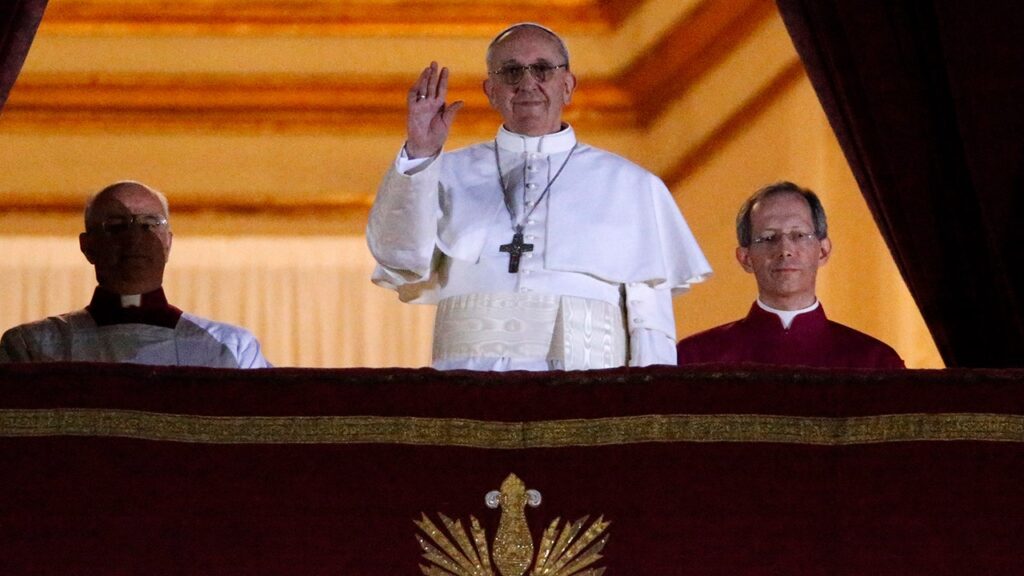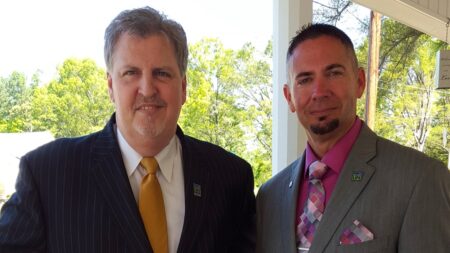Pope Francis, born Jorge Mario Bergoglio in Argentina, was elected as the 266th pope of the Roman Catholic Church on March 13, 2013, at the age of 76. His remarkable journey began when he joined the Society of Jesus, also known as the Jesuits, at the age of 21. Following his ordination to the priesthood just days before his 33rd birthday, he assumed the role of auxiliary bishop in Buenos Aires in 1992. Pope Francis served as the Archbishop of Buenos Aires starting in 1998, holding that position until his election to the papacy. He was appointed a cardinal in 2001 by Pope John Paul II, whom he later canonized.
His papacy was marked by significant milestones, including several historical firsts that not only defined his leadership but reshaped the global perception of the Catholic Church. For one, Pope Francis became the first Jesuit pope in history, representing a religious order known for its commitment to education and social justice. His election is notable for being the first from the Americas and Southern Hemisphere, breaking long-standing traditions within the papacy. In addition, he selected “Francis” as his regnal name, paying homage to St. Francis of Assisi—a symbol of humility and care for the poor, which closely aligned with the themes of his papacy.
A Jesuit priest, Father David Paternostro, emphasized the significance of Pope Francis’s election, suggesting it represented a chance to demonstrate the essence of Jesuit spirituality. Paternostro stated, “Francis is a man who has felt Jesus close to him in spite of his sins, and [he wants] others to have this same feeling.” This sentiment echoed throughout his public statements and actions, revealing Pope Francis as a humble figure, characterized by his own acknowledgment of sin and a profound desire for personal relationship with Jesus Christ.
Over the 12 years of his papacy, Pope Francis canonized around 1,000 individuals, including notable figures such as St. Junipero Serra—his canonization on U.S. soil marking a significant moment in Catholic history. Moreover, he canonized revered figures like Pope John Paul II, Mother Teresa, and Pope Paul VI, among others. This extensive recognition of saints highlights Pope Francis’s commitment to elevating the stories of holy lives that inspire the faithful.
Another profound shift occurred under Pope Francis’s leadership concerning the Catholic Church’s stance on the death penalty. In August 2018, he revised the Catechism of the Catholic Church’s teaching, labeling the death penalty as “inadmissible,” marking a significant evolution from traditional teachings. Charles Camosy, a bioethics professor, remarked that Pope Francis built on the legacy of his predecessors, heightening opposition to the modern use of capital punishment while also framing it as an assault on human dignity.
During the global upheaval caused by the COVID-19 pandemic, Pope Francis played a pivotal role in providing comfort and guidance to millions. Italy, one of the countries hardest hit, witnessed a moving moment on March 27, 2020, when the pope delivered a special “Urbi et Orbi” blessing from a nearly empty St. Peter’s Square. His message encouraged a conversion to fraternity amidst adversity, assuring the faithful of Jesus’s enduring presence and comfort during the crisis.
In terms of expanding the reach and inclusivity of the Church, Pope Francis emphasized the universal aspect of Catholicism. His papacy saw him visiting regions previously untraveled by popes, such as Iraq, Mongolia, Myanmar, and the United Arab Emirates, thereby demonstrating the Church’s global mission. He also appointed cardinals from countries that had never before been represented in the Catholic hierarchy, fostering a more diverse and inclusive representation in Church leadership.
Over his tenure, he created 163 cardinals from 75 different countries, extending the reach and presence of the Catholic Church worldwide. This effort included the first cardinals from several nations, such as Bangladesh, Brunei, and Panama, showcasing his commitment to global unity and leadership diversity.
Pope Francis’s contributions to the Catholic Church during his 12 years as pope were profound and transformative. He navigated the complexities of modernity while staying true to the core messages of Christ—mercy, humility, and the importance of community. His legacy will undoubtedly influence future generations and shape the Church’s response to contemporary social issues. As the world mourns his passing at the age of 88 on April 21, 2025, it is a poignant time to reflect on his life and the indelible impact he wielded as a leader in faith.











